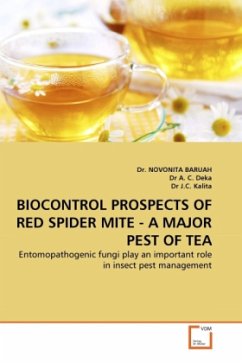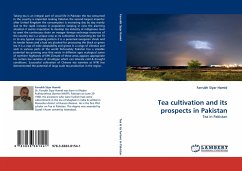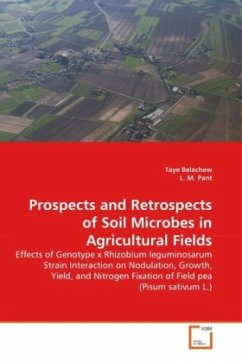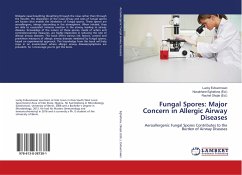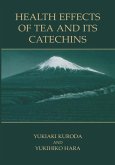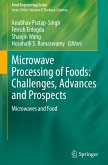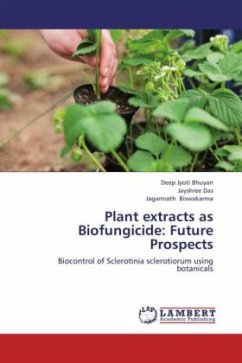Tea is one of the most important industrial crops having been export potentiality and the State Assam occupies the first position in terms of area and production. The intensive monoculture of a perennial crop like tea over an intensive area has formed a stable tea ecosystem which provided unlimited opportunity for perpetuation and spread of many endemic as well as exotic pests commensurate with gradual expansion of tea plantation in this region. Moreover, management factors like the uses of fertilizer and agro-chemicals are also believed to have a marked effect on the incidence of pests. Pesticides use in tea increases the risk of pesticide residue build up in made tea above the maximum residue limits. In biological control system a natural biotic force helps to regulate populations of insects. Conservation of native entomopathogen, augmentation, manipulation and if possible, introduction of exotic biotic agents help the tea crop to reduce the pesticidal load. Considering the need for an alternative eco-friendly approach to control the red spider mite of tea, it was believed to be worthwhile to screen the indigenous entomopathogenic fungal pathogens.
Bitte wählen Sie Ihr Anliegen aus.
Rechnungen
Retourenschein anfordern
Bestellstatus
Storno

